Les Héritiers du Sol
We are a non-profit organisation dedicated to improving education and literacy in the Democratic Republic of Congo.
With an abundance of natural resources, the DRC should be a prosperous country, but unfortunately, many children and youth are left behind due to lack of access to quality education.
We believe that education is the key to unlocking the potential of the DRC’s young people and to building a better future for all. Explore our website to learn more about our mission and programmes, and find out how you can get involved and support our work.

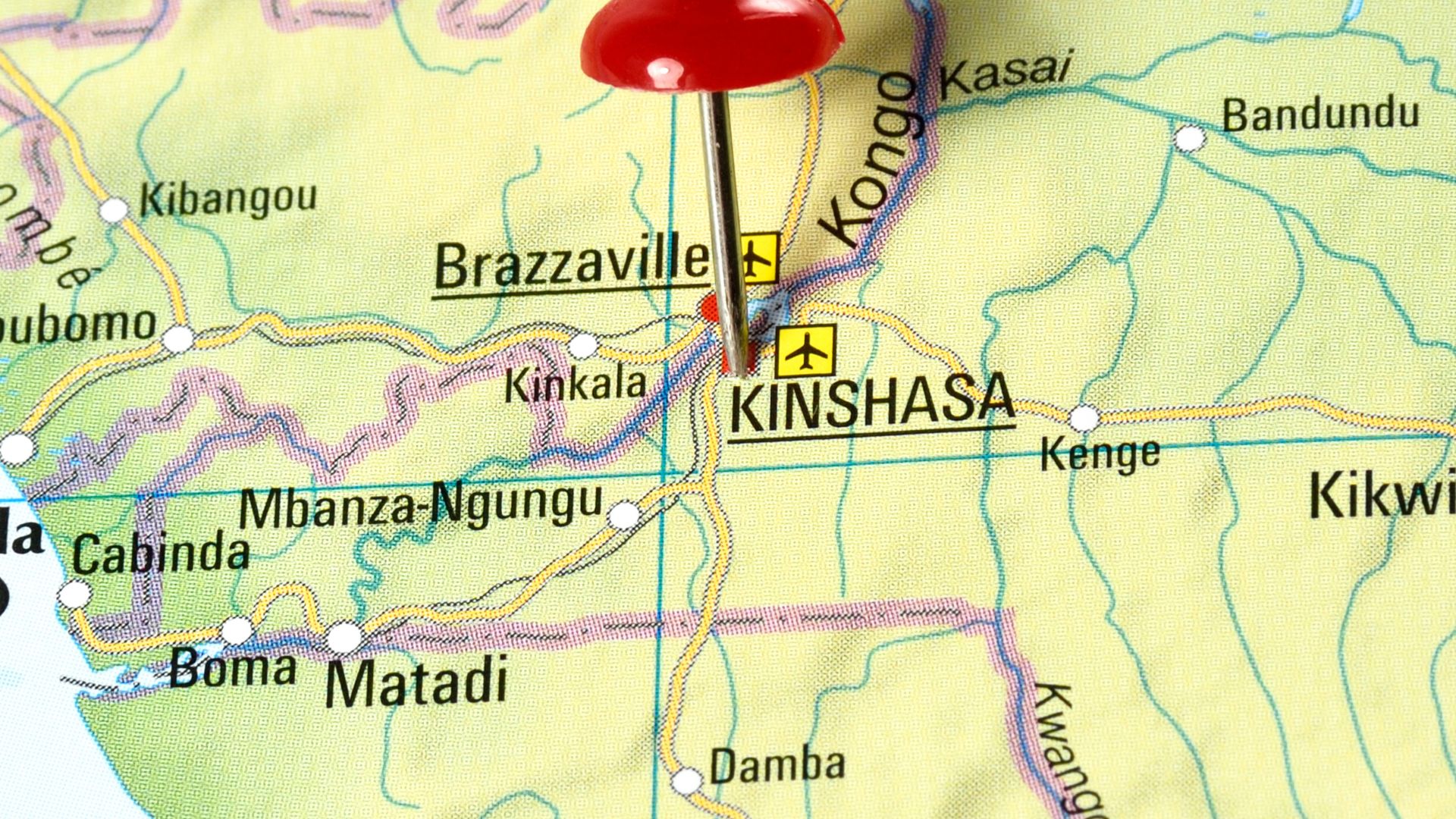
We plan to gradually transform the mobile teaching locations to Community Centres. These centres will be strategically located to execute LHDS’ vision to improve education access with traditional education methods and other learning materials.

Our focus is on infants (1-4years), children(5-14years), youths (15-18years) who have challenged educational backgrounds.
We plan to:
-
Create a crèche environment for early-day education, playtime and infant care, tackling rejection, promoting infants’ well-being at a younger age.
-
Offer mobile education programmes for children.
-
Find and record children who cannot read and write.
-
Test reading and writing levels in youth.
-
Organize workshops for the youth.
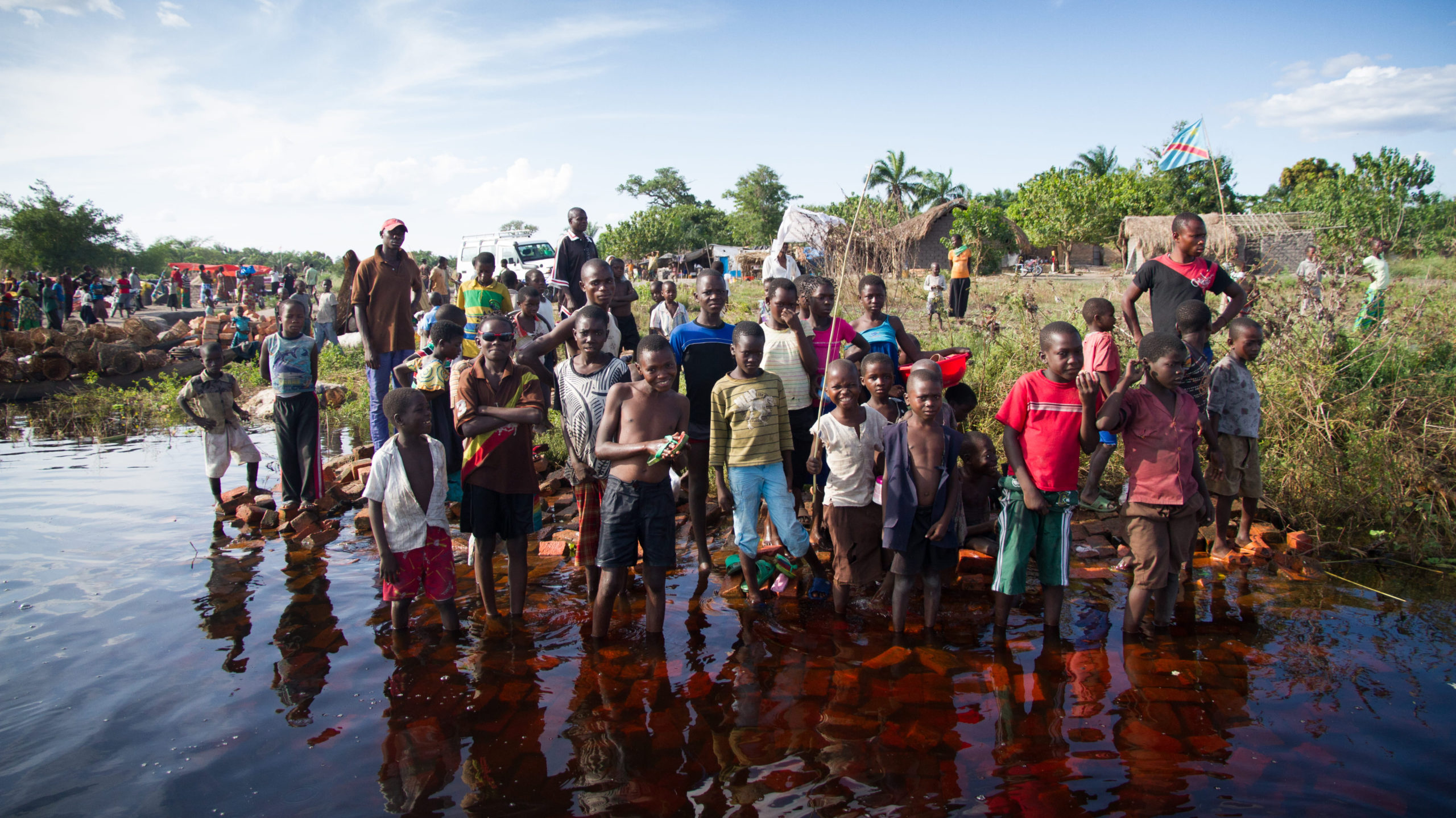
We want to add value to the capacity of our children in the community and their possibility to excel in different areas. We believe these programmes will emphasise the great need to prioritise children who do not have access to education.
Day to day threats and barriers to education will not only be identified, but will be analysed for concrete solutions.
We have no doubt this initiative will gain traction throughout the DRC. We want to infuse a development mindset in our values, culture, and religion.
In 2018, after the presidential elections in the Democratic Republic of Congo (DRC), the government introduced a free primary and secondary education policy in public schools without conducting proper research, analysis, or preparation. This policy aimed to increase access to education for all children, especially those from underprivileged backgrounds. However, the implementation of the policy caused more harm than good.
One of the major issues that arose from the policy was the sudden increase in class sizes, with some cases exceeding 100 percent. Unfortunately, this increase was not accompanied by any improvements in infrastructure or modes of teaching and assessment. The result was an overburdened education system that could not meet the needs of the students.
Moreover, the coronavirus pandemic further strained the education sector while deepening inequality. With the closure of schools, the option of virtual classes was not feasible for many families in the DRC due to a lack of access to electricity, let alone the internet and computers. This worsened the education divide and left many children behind.
Furthermore, the undefined budget for the policy did not contribute to structured scholars’ development. Additionally, teacher strikes disrupted learning at various levels of education over the last few years, and the free education policy was eventually halted. The policy ultimately left DRC’s education system in a bigger hole than before, with more challenges to overcome.
To address the challenge of access to education, the LHDS will work to launch the Mobile Teaching Programme. This program aims to bring free education to needy children in the DRC. By providing access to education, LHDS hopes to gather the necessary information to contest the necessity for facilities to accommodate children who can’t find their place in the school system due to lack and other infrastructural issues.
In conclusion, the implementation of the free primary and secondary education policy in the DRC had unintended consequences that resulted in a strained and overburdened education system. However, the Mobile Teaching Programme provides a promising solution to address the challenge of access to education in the DRC.
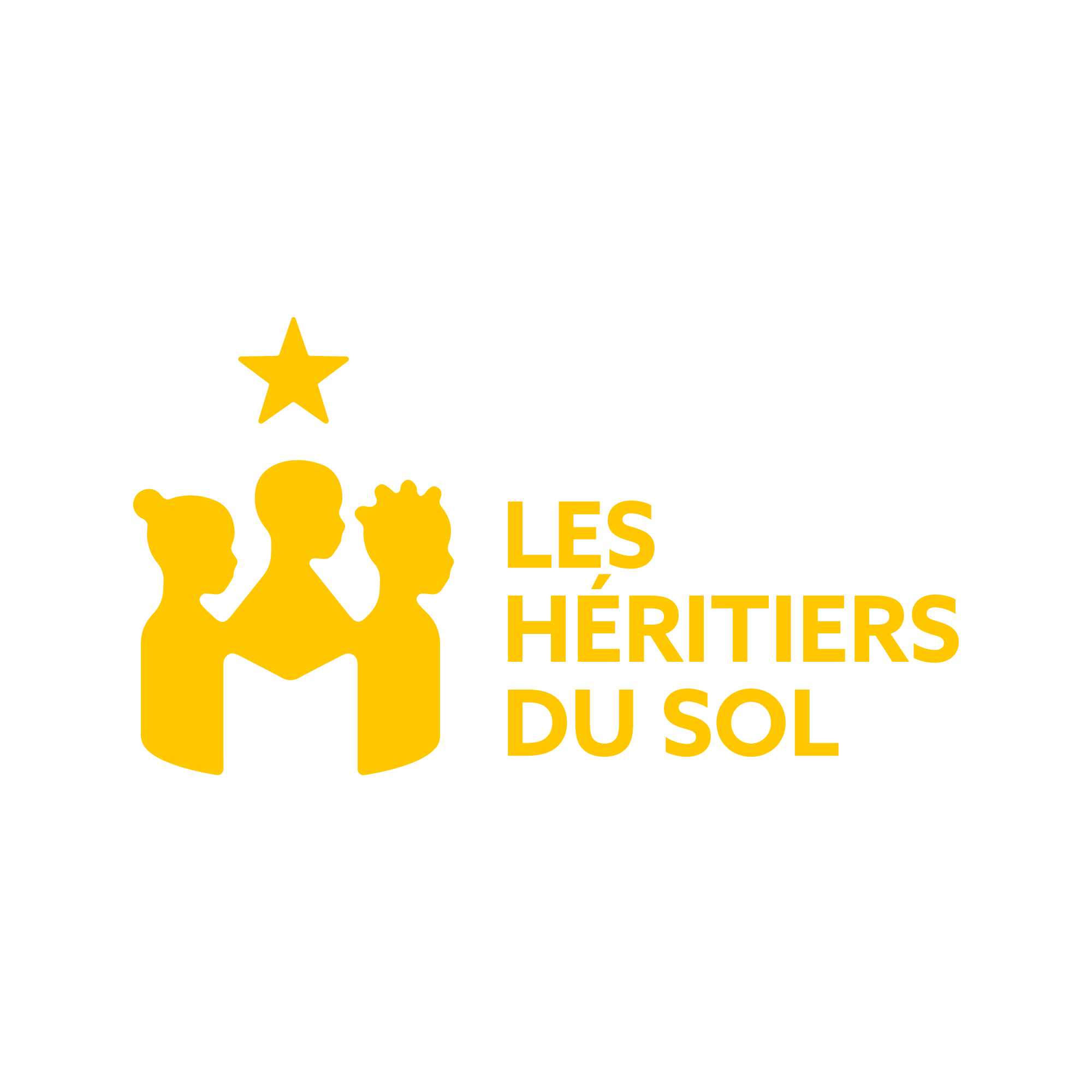
Core Values
Our core values are:
Respect
We will treat all individuals with dignity, value their contributions, respect their differences, and help each other succeed.
Commitment
We will develop and maintain long-term relationships with partners from other organisations and facilities.
Customer Service
We will demonstrate passion in knowing and understanding our community and responding to their needs, with the objective of ensuring total satisfaction, loyalty, and engagement.
Integrity
We commit unwaveringly to ethical behaviour and trustworthy interactions with the people and employees.
Excellence and professionalism
We will emphasise professional development programmes for our employees, which will make them more effective
Accountability
Accepting responsibility, assuming ownership and taking full accountability for all our actions, whether decisions or behaviors in the delivery of services and management of resources.
SWOT Analysis
Having the right business structure is very important to us at LHDS, so we have put in place the right plans to ensure a strong foundation without compromising our aims, mission, and vision.
We are sensitive to the needs of the population we want to serve, and are dedicated to their satisfaction and development.
That is why all the staff we will hire will be in line with our core mission.

Strengths
Organisation’s mission and vision. Human resource and in-house skills. Good coordination and monitoring evaluation mechanisms. Unique teaching strategies.
Weakness
The cities’ infrastructure to reach distant districts . Deciding on priority locations. Culture and mentality . Lack of electricity in most areas.
Unstable and limited finances.
Information gathering and reporting. Evidence of community response and needs. More equitable distribution of resources and donations. Building sustainable systems with the people and other institutions.
Government restrictions and lack of political will.
Insecurity, e.g., threat from gangs and thieves.
Sustainability problems due to lack of funding.
Not getting the recognition for the collected data.
